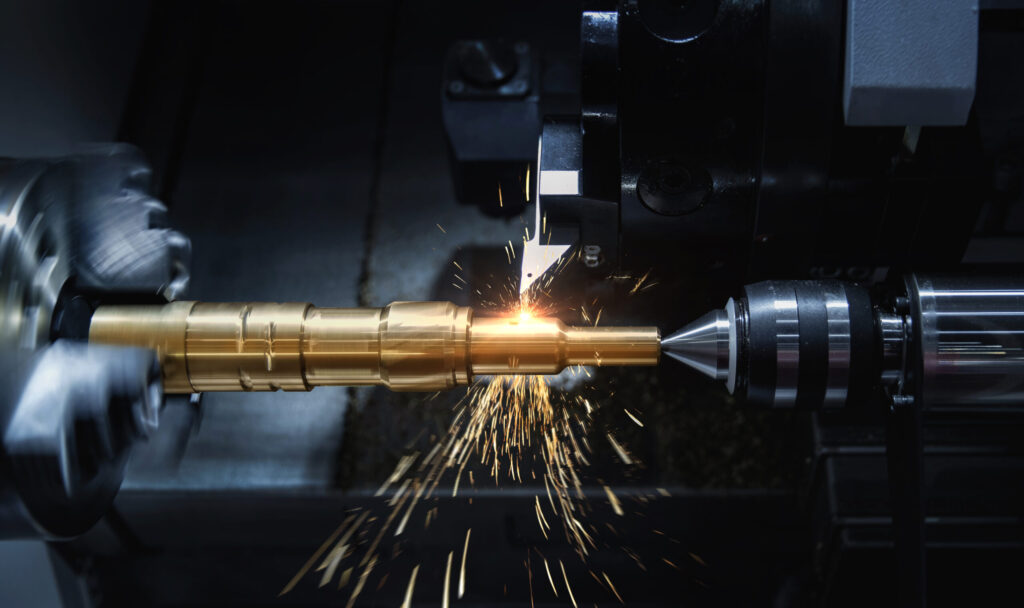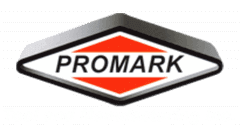
Understanding CNC Machining Tolerances and Their Impact on Final Products
CNC machining has revolutionized how metal components are manufactured, allowing businesses to achieve high precision and consistency. Ensuring the right machining tolerances is crucial for industries that rely on metal parts to fit seamlessly. But what exactly are machining tolerances, and how do they affect the final product? This article will explore these key questions and emphasize the significance of precision in CNC machining services for aluminum and other materials.
What Are CNC Machining Tolerances?
Machining tolerances refer to the permissible limit of variation in the physical dimension of a machined part. Essentially, it is the degree to which a component’s dimensions can vary without affecting its overall function. Tolerances are crucial for any manufacturing process, but they are particularly important in CNC machining, where high precision is a standard requirement.
Types of Tolerances: There are three primary types of machining tolerances:
- Linear Tolerances: Control dimensions like length, width, and height.
- Geometric Tolerances: Govern the shape and orientation of features such as flatness or parallelism.
- Angular Tolerances: Ensure proper angles between surfaces.
Why Are CNC Machining Tolerances Important?
Even a minor variation in a machined component’s dimensions can result in issues like poor fit, misalignment, or even component failure. In industries such as aerospace, automotive, and electronics, a high level of precision is essential to maintaining product quality and safety. That’s where CNC machining services for aluminum and other metals come into play.
High-quality CNC cutting services ensure that each part meets the required tolerances, eliminating the risk of performance issues. Choosing a service provider who can meet tight tolerances is vital for companies that prioritize quality and reliability in their products.
Also Read :
A Comprehensive Guide to CNC Machining: From Essential Tools to Quality Control
The Role of CNC Machining in Modern Metalworking
Factors Influencing Machining Tolerances
While CNC machining offers exceptional accuracy, achieving tight tolerances depends on several factors:
- Material Selection: Different materials behave uniquely during the machining process. For example, aluminum tends to expand and contract more than stainless steel, affecting the machining tolerances.
- Machine Stability: The precision of CNC machining services in aluminum also depends on the machine’s condition. Regular maintenance and calibration ensure that the machine operates without deviations.
- Tooling and Fixturing: The type and quality of tooling can significantly impact the achievable tolerances. For tighter tolerances, specialized tools and fixturing are required to hold the part securely during the machining process.
Common Tolerances in CNC Machining
The acceptable tolerance levels in CNC machining vary depending on the application and material. Typically, standard CNC machining services in Toronto or other locations offer the following tolerance ranges:
- General Machining: ±0.005 inches
- High-Precision Machining: ±0.001 inches
- Ultra-Precision Machining: ±0.0001 inches
While these values may vary, ensuring that a machining service provider can meet the desired tolerance is crucial for achieving the best results. Companies offering advanced CNC service options will typically have the capability to meet even the most demanding specifications.
Choosing the Right CNC Machining Service
When selecting a CNC machining service, it’s essential to evaluate their tolerance capabilities. Here are some factors to consider:
- Experience with Similar Projects: Ensure the provider has experience machining the specific materials and components required for your project.
- Technology and Equipment: Advanced machinery and tools are essential for achieving tighter tolerances, especially for complex components.
- Quality Assurance: Check if the CNC cutting services include rigorous quality checks, such as Coordinate Measuring Machine (CMM) inspections.
- Lead Times and Efficiency: Precision machining shouldn’t mean sacrificing speed. Top-tier CNC machining services for aluminum should offer a balance of quality and efficiency.
The Impact of Tolerances on Final Products
Understanding CNC machining tolerances is not just a technical concern; it directly affects the performance and longevity of the final product. Components that do not meet specified tolerances can lead to:
- Poor Fit: Parts that don’t fit correctly can compromise the structural integrity of the entire assembly.
- Increased Wear: Misalignment can cause excessive wear and tear on adjoining components.
- Performance Issues: Inaccurate parts can reduce the overall efficiency and performance of the machinery.
For example, a component with improper tolerances in an automotive engine could cause misalignment, resulting in reduced power output and increased fuel consumption.
Partnering with Promark Tool and Manufacturing
For companies seeking precision and reliability, Promark Tool and Manufacturing is a trusted provider of high-quality CNC machining services in Toronto. With advanced technology and a skilled team, Promark specializes in custom CNC machining for aluminum and other metals, ensuring that every part meets stringent tolerance requirements. Their expertise spans a range of industries, delivering tailored solutions that meet even the most complex specifications.
Promark’s CNC cutting services are designed to deliver superior accuracy, consistency, and efficiency, making them an ideal partner for businesses that prioritize quality. Their commitment to using the latest CNC technology and rigorous quality control processes ensures that every component is manufactured to perfection. Promark Tool and Manufacturing is dedicated to meeting your needs with unparalleled precision and customer service.



